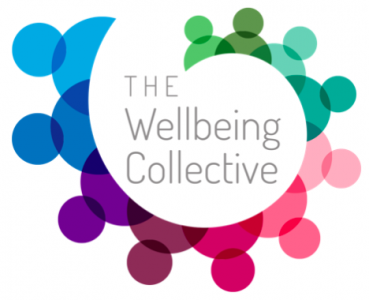
I was asked if I would write something about Pride. I feel ‘alarmed’. My initial question: is there anything that a middle-aged gay man could really add to the array of writings, posters, banners and rainbow shop signs (so many shop signs) that, like Christmas, seem to arrive earlier and earlier every year? I struggle to feel that glow of Pride. Why is there an alarm going off at the back of my mind? Imagining ‘being out’ to people I have yet to meet, and probably may never meet, makes me feel a sense of danger. Unlike visual markers of difference, such as the colour of our skin, my sexuality is (to a certain extent) something I can ‘mask’ or pass off as not different (despite being married to my husband). I sense safety in my need for invisibility. It’s familiar.
That is certainly the world I grew up in. That internal ‘alarm’ has served me well. At school, I prided myself on fitting in and not revealing anything of my inner difference. It was the same at home, like there were two people growing up: the parts I shared with others that had to be carefully vetted and formulated before they ‘came out’, and those parts that I could only reveal when I was alone. The crush on Sting, the rewatching (on Betamax) of My Beautiful Launderette, over and over. It is very lonely hiding in the shadows – it is anti-Pride.
And then I look at ‘the youngsters’ of today, and I start to think, you have it easy. It’s a celebration of our difference; it’s cool to be gay or lesbian, bisexual, non-binary or trans…and then I stop myself. Research keeps telling us time and again that LGBTQIA+ youth (under 25s) are at a much higher risk of suicide and self-harm compared with heterosexual and cisgender young people (between 4 and 7 times according to the National Suicide Prevention Alliance). If society is becoming so much more open, tolerant and accepting of difference, what are the next generation telling us in terms of these seriously worrying trends? And despite the increased visibility of LGBTQIA+ people in films, on TV, in the media, in books, that dark shadow still pulls me towards invisibility. We are one of the polarising issues.
A friend once said to me, ‘it’s okay that you’re gay, as long as you don’t ram it down my throat.’ I think he meant, ‘stay inside in the shadows.’ My generation had HIV/AIDS to contend with. That gravestone leaflet and public health advert told us ‘don’t die of ignorance’ and left me phobic of sex throughout my adolescence. My first ‘public showing’ was not Pride, but a Clause 28 march. This became law as Section 28, now repealed, which was designed to protect children from the harm that reading about difference has on their wellbeing (‘they’ll grow up gay’).
And then I think about the alarmist and polarised views on trans kids and splits happening left, right and centre on what it means to identify as not just different sexuality-wise, but as an alien in your own body. According to the yearly Trans Murder Monitoring report, which began in 2008, 320 trans and gender-diverse people were killed (based on those reported in the media world-wide) between October 2022 and September 2023 – 94% trans women/trans feminine. Most were Black; in fact, 80% of those killed were trans people affected by racism (an increase of 15%). And they were young, largely 19-25 year olds – though let’s remember Brianna Ghey, who was 16 when she was murdered, and was included in the report. And there are still countries in our world where the laws do not protect homosexuality, let alone trans kids.
And then I am pulled towards the light, towards being seen, despite the fear. And so, when that Pride banner starts being displayed a little earlier each year, and we see families celebrating in parks wearing bright rainbow visibility cloaks and waving flags, I think a little bit of that internal shadow gets cast aside by the light of love. For that I feel Pride.
.
.
The Wellbeing Collective has an incredible online Equity, Diversity and Inclusion course. This e-learning teaches you about assumptions, perceptions, privilege and active allyship through lived experience and engaging activities. If you enjoyed reading Brian’s blog above, you will like this resource. Visit our website here to find out more information: https://www.thewellbeingcollective.co.uk/stride/.
#Pride #June #LGBTQIA #history #livedexperience #equity #diversity #inclusion #privilege #discrimination #statistics #research #development
